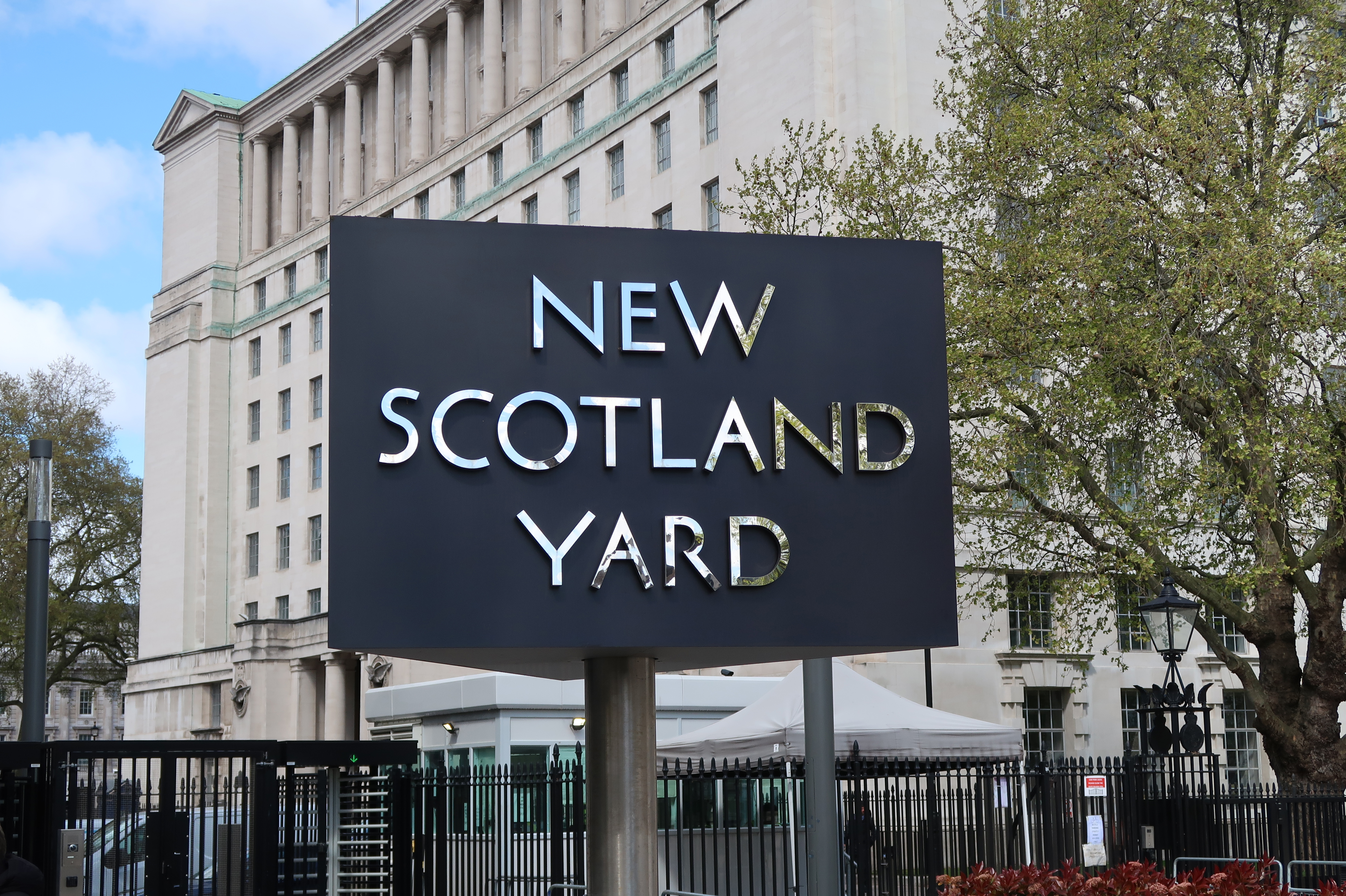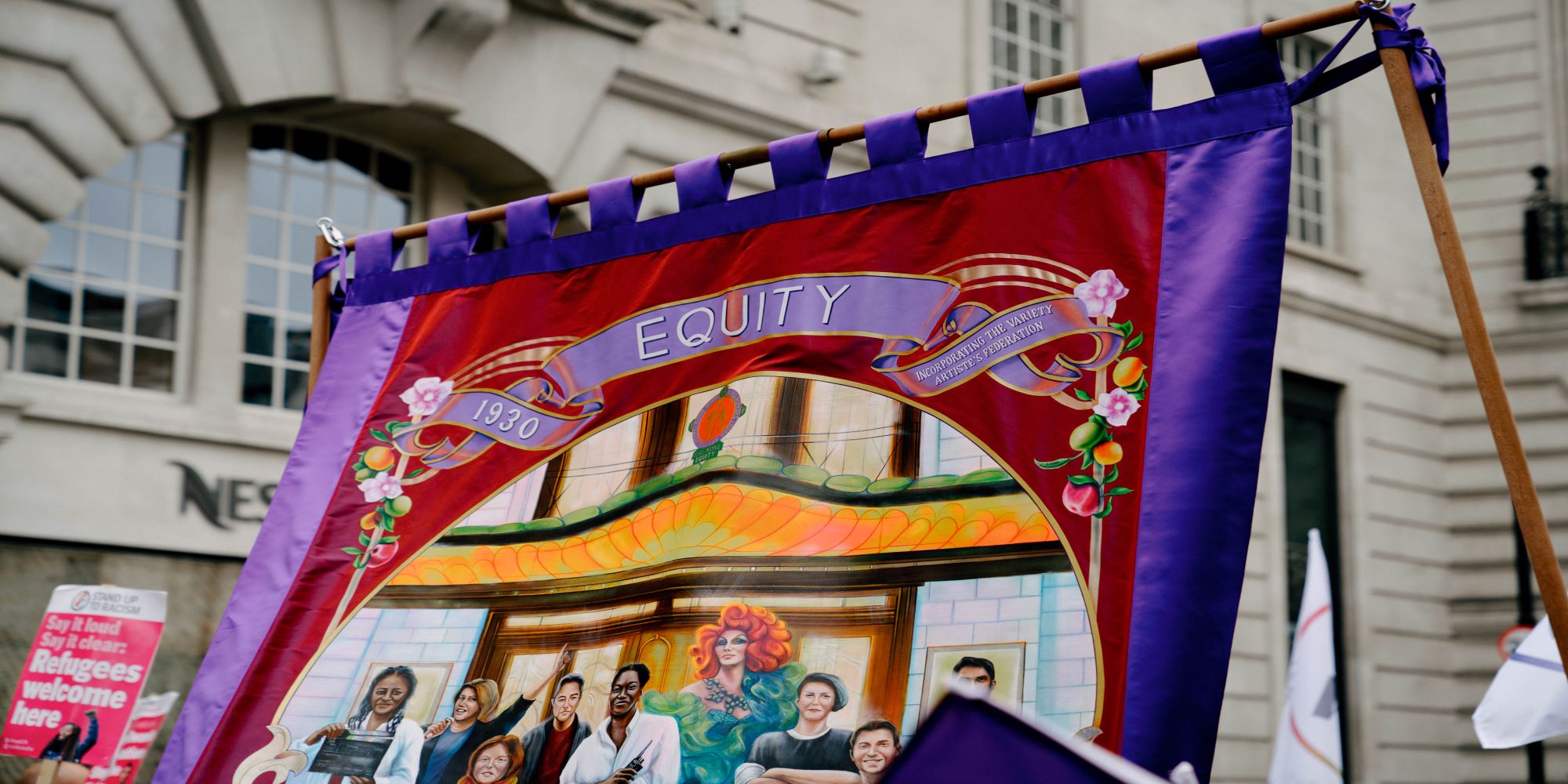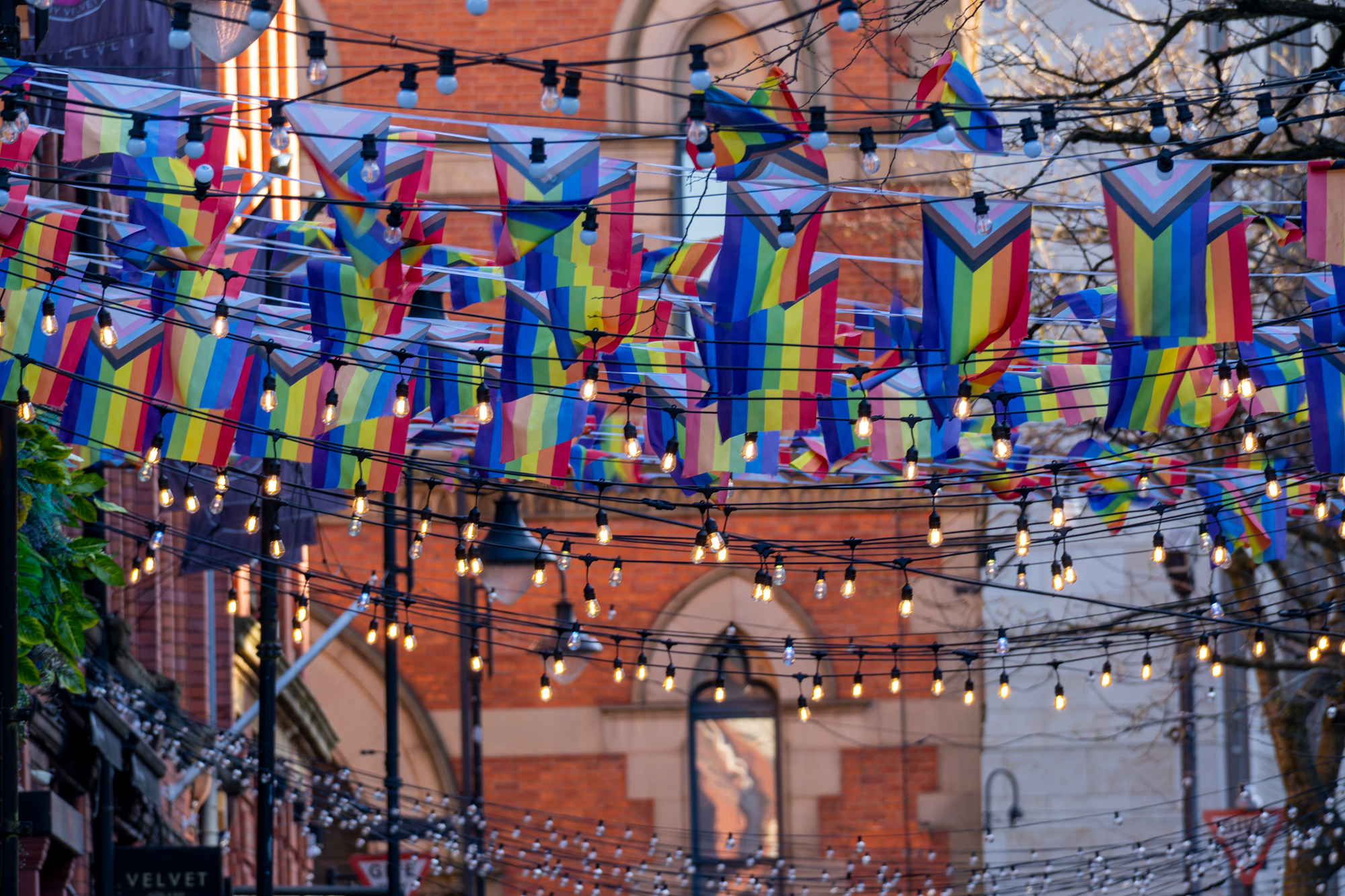Equity is supporting members in dealing with the recent cancellation of A Midsummer Night’s Dream at Manchester’s Royal Exchange Theatre. The company will be paid in full, but the issues that led to the cancellation of the production and its impact on Equity members are subject to ongoing discussions.
The entire five-week run of director Stef O’Driscoll’s production was axed on Saturday 14 September, leaving many questions unanswered about the issues that led to the decision.
On Wednesday 18 September, Equity officials met with Royal Exchange Theatre management and received assurances that they take the union’s concerns about the reasons for this cancellation seriously. Following the meeting, Equity issued a statement saying: “While we welcome the engagement, we remain deeply frustrated by the lack of transparency regarding the events leading to the show’s cancellation.”
The Equity spokesperson continued: “For Equity, this is an issue of dignity at work and freedom of expression. We absolutely back the rights of our members – performers, stage management, creative team and all involved in the production – to be treated with dignity and respect at work. We reject the growing culture of censorship created by funders and pressure groups. We are fighting for artistic integrity, as well as dignity for our members, and all working people.”
This is an issue of dignity at work and freedom of expression. We absolutely back the rights of our members – performers, stage management, creative team and all involved in the production – to be treated with dignity and respect at work.
Equity spokesperson
Interest in the story has generated significant media coverage, attempting to shine a light on the underlying issues and decision making which ended in the 11th hour cancellation of a much-anticipated production.
Appearing on BBC North West Tonight, Equity general secretary Paul W Fleming said: “What’s happened is shocking, but it’s not surprising. It’s part of growing culture, we feel, of censorship within the arts. We don’t have a coherent understanding of why the production was pulled, but it was definitely pulled in the context of an artistic dispute about some of the political messaging within it. And that’s something we’ve seen at other theatres both in the NW and across the country, particularly over the last 12 months, but actually increasingly over the last 15 years.”
Equity General Secretary @paulwfleming calls out "growing culture of censorship within the arts" following cancellation of the Royal Exchange’s production of A Midsummer Night’s Dream' pic.twitter.com/TsQDwZWqQB
— Equity (@EquityUK) September 20, 2024
At subsidised venues across the UK, artistic leadership is diminished by the decline of the Artistic-Director/joint CEO model and the rise of creative leadership roles that place artists underneath administrators in a theatre’s management structure. Artistic workplaces should be led by artists. Artistic leadership ensures the best and most supportive environments in which theatre makers can create their work in venues where their freedom of expression and artistic labour are properly valued, celebrated and championed. Equity believes that the people who employ our members should be accountable to them, and having a fellow creative worker in leadership makes this accountability more meaningful.
Equity remains in conversation with Royal Exchange management. An official said: “Our aim is to protect the principle of artistic freedom, guarantee our members’ dignity at work, and ensure the integrity of our collective agreements.”




